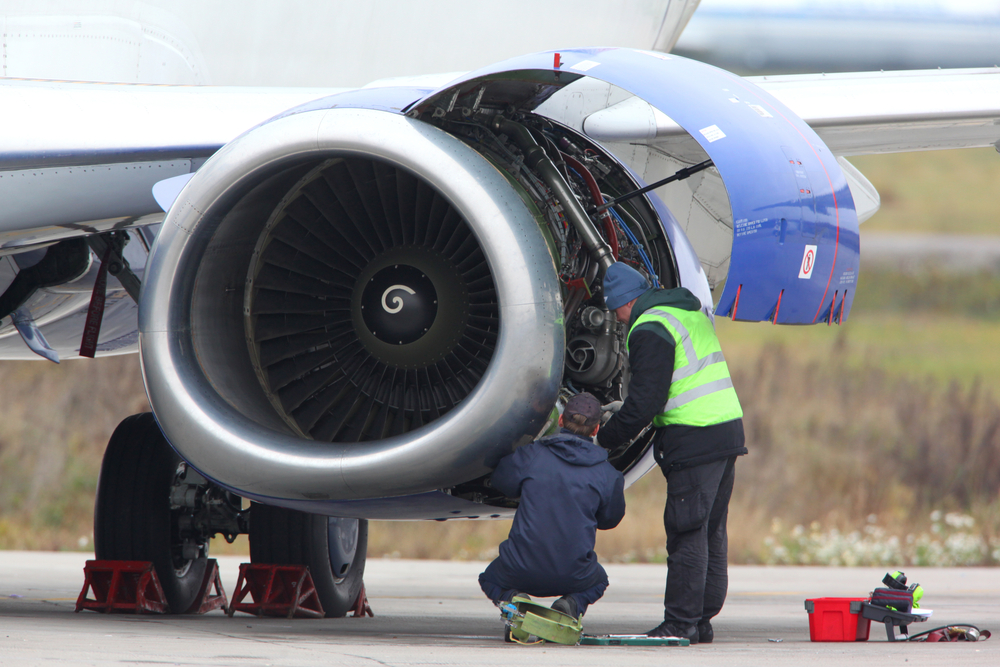
A complaint from the Aircraft Owners and Pilots Association (AOPA) garnered an official response from the Federal Aviation Administration (FAA) this week, leading them to find Key West International Airport in violation of grant assurances.
Those grant assurances — specifically, Grant Assurance 22(f) — give pilots the right to self-service their own aircraft, such as aircraft maintenance, repair, and fueling operations, which the AOPA noted is not currently allowed at Key West. Assurances like this are required for airports to gain access to federal funding through the Airport Improvement Program.
For their part, the AOPA is not considering this finding a win. As they see it, this is just one piece of a far more extensive problem.
“While the self-service aspect of the decision is a step in the right direction, it certainly does not solve the problem in terms of access and transparency,” Ken Mead, AOPA general counsel and former Department of Transportation inspector, said. “Why is it that other industries can be transparent and readily post their fees and prices but the FBO industry cannot?”
The AOPA’s complaint against Key West had ended up divided into four separate issues by the FAA, who ruled in favor of the AOPA for the self-service issue but ruled against them on the three other points, which included potential pricing and ramp access violations. Such decisions appear to build on previous FAA determinations, which when it comes to pricing and access questions, have traditionally sided with airports, arguing that additional charges are a fair market practice, as well as market domination by what the AOPA calls monopoles in the form of fixed-base operators (FBOs).
FBOs are those organizations at airports given the right to provide services like fueling, hangaring, tie-down, maintenance and others.
In this case, the FAA said it would follow-up on its violation findings directly with Key West’s sponsor, Monroe County, which has spoken in defense of the facility’s policies in the past. AOPA, in turn, is calling for more competition to negate the issues about which it has spoken up.